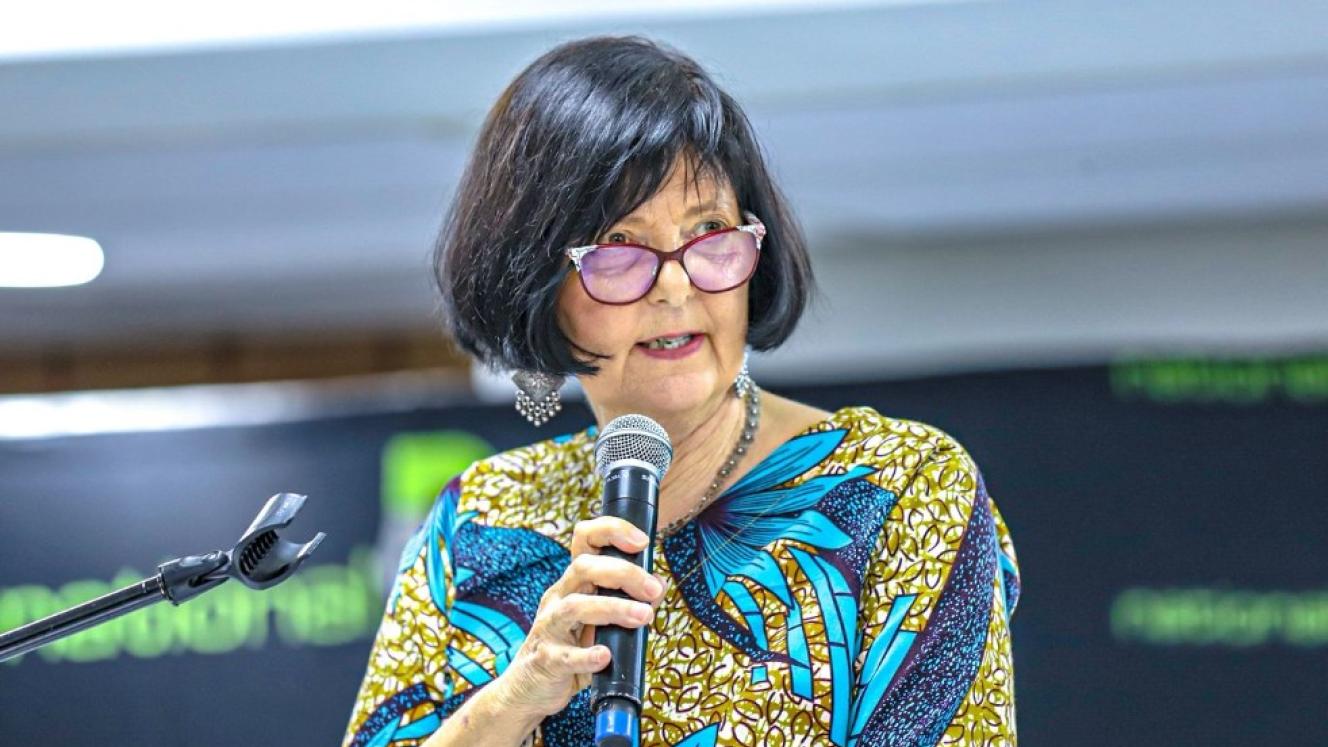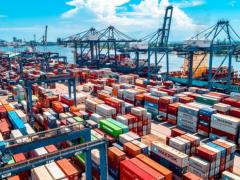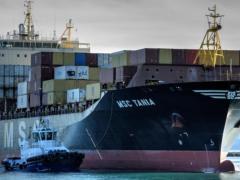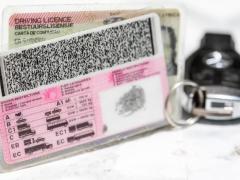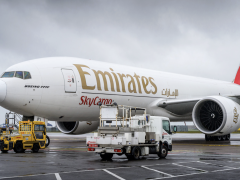Transport Minister Barbara Creecy highlighted the progress and ambitious targets of her department to reform South Africa’s logistics sector at a National Press Club Roundtable on the Transport Economy.
Delivering the keynote address at the event on Thursday, Creecy emphasised the urgency of reforms to bolster transport infrastructure.
“Prompt execution of reforms in the logistics sector is essential to address and reduce the risks present in both our global and domestic environments,” she said.
Creecy outlined six key targets to guide the transport ecosystem over the next four years.
These include increasing freight on the Transnet network to 250 million tonnes by 2029, improving port efficiency to 30 gross crane moves per hour and achieving 600 million passenger journeys annually on the passenger rail system by 2030.
Additionally, the aviation sector aims to handle 42 million passengers and 1.2 million tons of airfreight through Acsa airports by the end of the political term.
Road safety targets include a 45% reduction in fatalities by 2029 to meet the UN’s goal of halving road deaths by 2030.
Creecy said significant progress had already been made toward reaching these goals.
“Prasa had, by the end of May 2025, successfully revived 35 out of 40 service lines,” Creecy said.
It recorded 77 million passenger journeys last financial year and projected 116m for 2025/26. Transnet’s efforts yielded a nine-million-ton increase in rail freight to 161m tons last year, while port container handling rose by 48 000 TEUs, a 54% improvement.
“Since July this year, we have been reaching or exceeding our weekly TEU target, and I am pleased to report that there are no longer queues at our port terminals,” Creecy said.
Acsa reported 489 000 tons of airfreight and 18.97m passengers last year, signalling strong progress toward 2029 targets.
Rail reform remains central to the strategy, guided by the 2022 White Paper on National Rail Policy and the 2023 National Freight Logistics Roadmap.
“The Roadmap for The Freight Logistics System in South Africa clarifies that strategic infrastructure such as rail lines and ports will remain in public ownership, as assets belonging to the South African people,” Creecy said.
To attract private investment, the ministry processed 163 submissions from a recent Request for Information, with the first Request for Proposal set for release by December this year. Eleven private rail operators were announced in August.
Creecy highlighted infrastructure investments, including R66.1bn for Prasa and R21.7bn for Acsa over the medium term. Sanral, which manages 27 478 km of roads, created over 35 000 jobs and supported 2000 SMMEs in 2024/25 through projects like the R573 Moloto road and N2/N3 upgrades. Road safety measures have reduced accidents by 7% and fatalities by 8% this year.
